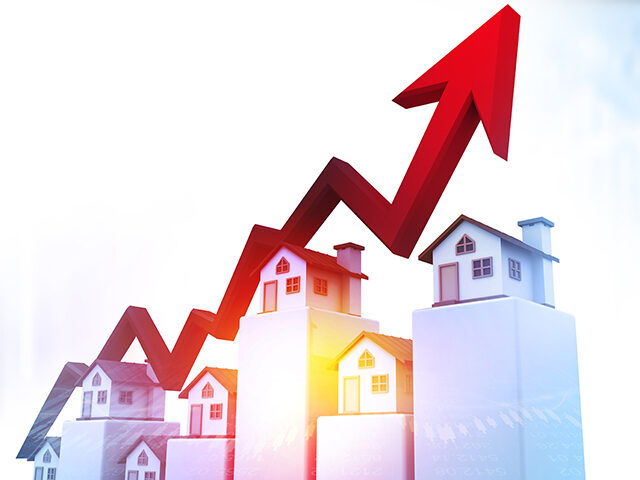The prices of homes around the 20 biggest U.S. cities rose by one percent in August, a sign that the housing shortage created by high interest rates that are putting upward pressure on home prices.
The S&P CoreLogic Case-Shiller 20-city house price index rose by one percent compared with the previous month, above the expectation for a 0.7 percent increase. Compared with a year ago, home prices were up 2.2 percent.
A broader measure of home prices, the national index, jumped by 0.9 percent. Compared with a year ago, prices are up 2.6 percent.
The Federal Reserve reacted to soaring inflation by raising its target interest rate from near zero at the start of last year to above 5.25 percent. As a result, mortgage rates have soared, with the 30-year fixed rate mortgage recently rising to nearly eight percent.
Typically, higher mortgage rates depress home prices because they raise the cost of home ownership. This is considered one of the channels through which monetary policy influences the economy.
After many years of very low-interest rates, however, many homeowners currently have mortgages with much lower rates. By some estimates, more than 60 percent of outstanding home loans have interest rates below six percent.
Selling a home and buying a new one would result in a big increase in interest rates and monthly costs. As a result, many homeowners are staying put, creating a shortage of supply that is pushing up costs and leading to a surge of home building and buying of newly constructed homes.
Higher home prices could be encouraging consumer spending because households are building wealth. Strong consumer spending is likely one of the reasons that inflation has become stickier in recent months and growth has accelerated.
Rising home prices are not necessarily good news even for homeowners. Even though a homeowner’s current home is worth more, the potential next homes are also rising in prices. Rental prices also tend to rise when home prices are going up.
The combination of rising home prices and rising interest rates are especially burdensome on young people who may be looking to buy a home for the first time. By many measures, this is the least affordable housing market for would-be first time buyers in several decades.

COMMENTS
Please let us know if you're having issues with commenting.